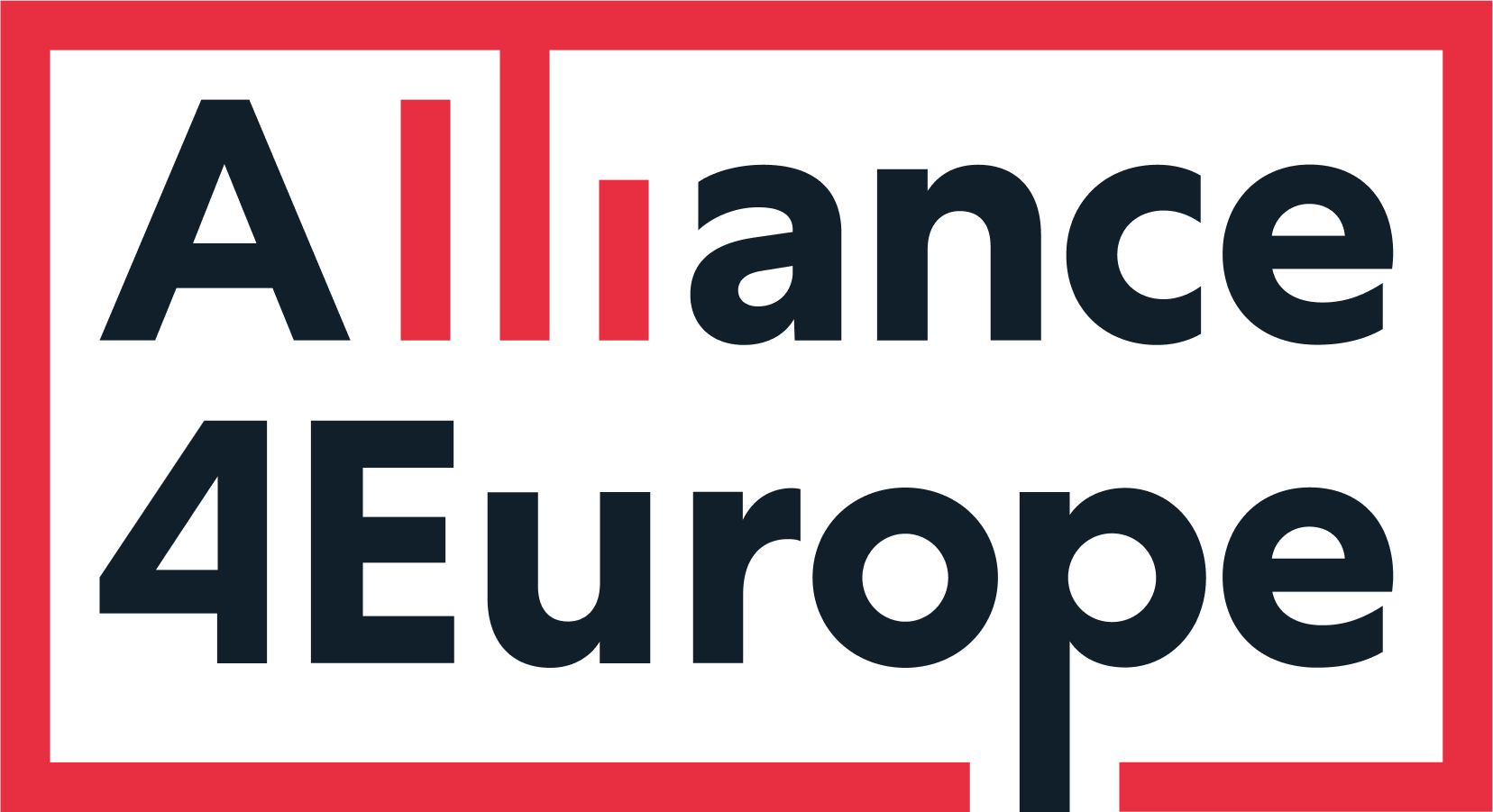On Europe Day on 9 May, the European Union inaugurated the long anticipated Conference on the Future of Europe. To live up to the motto ‘The Future is in Your Hands’, citizens need to organise and mobilise to make their voices heard. More importantly, EU institutions must commit to making these voices count. The Conference must truly take on a vision for Europe shaped by people and communities, and avoid a top-down trialogue among the institutions.
Written by Kobe de Geyter
Over the years, the EU has tried to respond to Euroscepticism and lack of engagement with European citizens in various ways, from Citizen Initiative petitions to online dialogue platforms. National and regional politicians created the image of a Brussels bubble, an ivory tower locked off from citizens, where far-reaching laws and directives on national politics are decided. This has been a concern for those working for a more democratic Europe. Amidst growing Euroscepticism and rising nationalism, the Conference on the Future of Europe was supposed to be the Union’s answer to a democratic deficit, real and perceived.
Initially the Conference was supposed to bring about far-reaching changes. The European Parliament even dreamt of treaty change. After political muscle-flexing from national governments , the constitutional treaty-change prospects were pushed aside for now. The Conference has become a multitude of conference-events, panels, debates and a multilingual digital platform. Through these channels citizens will be able to discuss and collect views that would supposedly contribute to the Conference’s reform recommendations.
The newly established Conference Plenary will indeed give citizen representatives a real voice in the proceedings. However, the Conference Executive, made up of the Commission, Council and Parliament representatives, still holds final say over everything that happens. That means there is a very real risk that the whole thing turns out to be not much more than a familiar Brussels negotiation round. National governments have so far refused to give up control of the process.
Notwithstanding political outcomes, the Conference and its timing is a unique moment in history for citizens and civil society to come together, organise and provide democratic input on our future. If enough European citizens get involved and demand political change, we can set the agenda on the future of the EU, and with a real critical mass, even Eurosceptic national leaders will need to take heed.
On the other hand, we must be attentive to possible dangerous developments of a pan-European consultation process. The majority of EU citizens remain rather apathetic to European politics, and presumably relatively few even know that the Conference is taking place. Besides mainstream passivity towards EU politics, nationalism and populism are on the rise. Extreme right-wing politicians like Dries Van Langenhove in Belgium have called on their followers on social media to sign petitions addressed to the Commission. Possibilities of hijacking the Conference by nationalist, populist and conservative movements are no illusion.
Around Europe Day, the Citizens Take Over Europe coalition organised a series of events on organising citizen participation and shaping a bold positive future for Europe, bringing together dozens of civil society organisations and hundreds of participants. Going forward, we need public campaigns to mobilise support for proposals on the issues that matter – climate, the economy, technology, healthcare. Within the EU institutional process and independently from it, this is now a call to action for people to get involved.
European citizens cannot stand at the sidelines and let this unique opportunity be seized. We – as democratic citizens – need to direct the Conference ourselves by organising, discussing and proposing future-oriented and citizens-centered reforms, and then applying real political pressure on leaders. There need to be real concrete proposals. To see what you can do, sign up to join our activities and stay informed.
